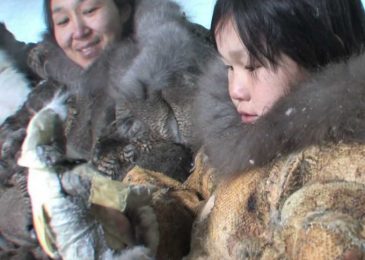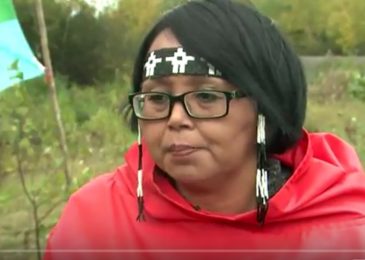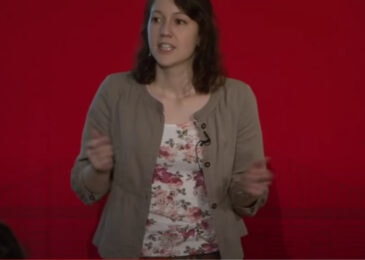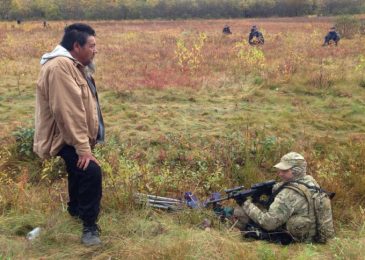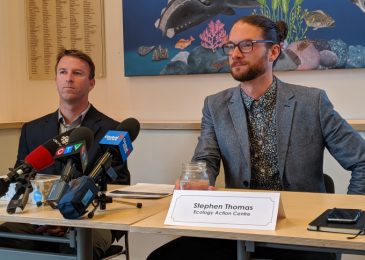Weekend video: People of a feather, trailer
This weekend’s video is the official trailer for the award winning and stunning documentary People of a Feather, about the unique relationship between Eider ducks and the Inuit on the Belcher Islands in Canada’s Hudson Bay, and how that relationship is disrupted by massive hydroelectric dams powering New York and eastern North America. The film will be screened on Monday evening May 13, and will be followed by a panel discussion on Muskrat Falls, where local Indigenous people face mercury poisoning so that Newfoundland and Nova Scotia politicians can claim that through “clean and green” energy they are fighting climate change.

